Shift Towards Remote Work
The shift towards remote work has emerged as a notable driver for the tax accounting-software market. As more companies in Italy adopt flexible work arrangements, the need for accessible and efficient tax solutions has intensified. Remote work necessitates software that can be accessed from various locations, ensuring that tax processes remain uninterrupted. This trend is reflected in a reported increase of 20% in the use of cloud-based tax solutions among remote teams. The tax accounting-software market is thus likely to see continued growth as businesses prioritize tools that facilitate collaboration and maintain productivity, regardless of physical location. This shift not only influences software features but also shapes the overall market landscape, as companies seek solutions that align with their evolving operational needs.
Growing Demand for Data Analytics
The increasing emphasis on data analytics within the financial sector is driving the tax accounting-software market. Businesses are recognizing the value of data-driven insights for strategic decision-making, particularly in tax planning and compliance. The integration of advanced analytics capabilities into tax software allows companies to identify trends, optimize tax strategies, and enhance overall financial performance. In Italy, a significant portion of firms, approximately 40%, have reported investing in analytics tools to improve their tax processes. This trend suggests a growing expectation for tax accounting software to not only manage compliance but also provide analytical insights that can inform business strategies. As such, the tax accounting-software market is likely to expand in response to this demand for enhanced analytical functionalities.
Increased Focus on Cost Efficiency
The heightened focus on cost efficiency among businesses is a critical driver for the tax accounting-software market. In an environment where operational costs are under scrutiny, companies are seeking software solutions that can streamline tax processes and reduce expenses. The ability to automate tax calculations and reporting can lead to significant savings, both in terms of time and resources. Recent studies indicate that businesses utilizing tax accounting software can reduce their tax-related costs by up to 30%. This emphasis on cost efficiency is likely to propel the demand for tax accounting solutions that offer robust features at competitive prices. As firms in Italy continue to prioritize financial prudence, the tax accounting-software market is expected to thrive, catering to the needs of cost-conscious organizations.
Rising Complexity of Tax Regulations
The complexity of tax regulations in Italy is a significant driver for the tax accounting-software market. As tax laws evolve, businesses face increasing challenges in compliance, necessitating sophisticated software solutions. The Italian government has introduced various reforms aimed at enhancing tax collection efficiency, which has led to a more intricate regulatory landscape. This complexity is likely to drive demand for software that can adapt to changing regulations and provide real-time updates. In fact, a survey indicated that over 60% of businesses consider regulatory compliance a top priority, further emphasizing the need for reliable tax accounting solutions. Consequently, The tax accounting-software market is expected to grow as companies seek tools that simplify compliance and minimize penalties.
Increased Digitalization of Financial Services
The ongoing digital transformation within the financial services sector appears to be a primary driver for the tax accounting-software market. As businesses in Italy increasingly adopt digital solutions, the demand for efficient tax accounting software rises. This trend is evidenced by a reported growth of approximately 15% in the adoption of digital financial tools over the past year. Companies are seeking software that not only streamlines tax processes but also integrates seamlessly with other financial systems. Thus, the tax accounting-software market is positioned to benefit from this shift as firms prioritize solutions that enhance operational efficiency and reduce manual errors. Furthermore, the push for digitalization aligns with broader economic trends, suggesting a sustained interest in innovative financial technologies.


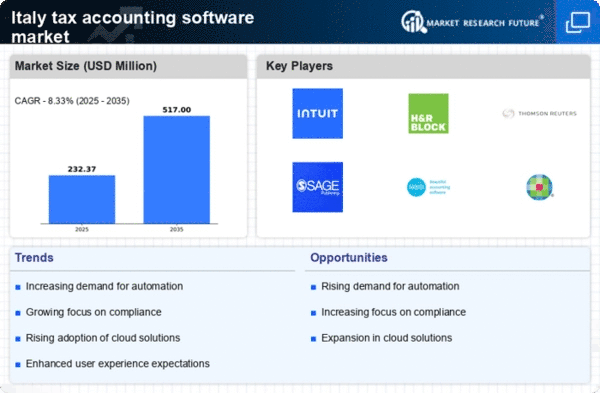
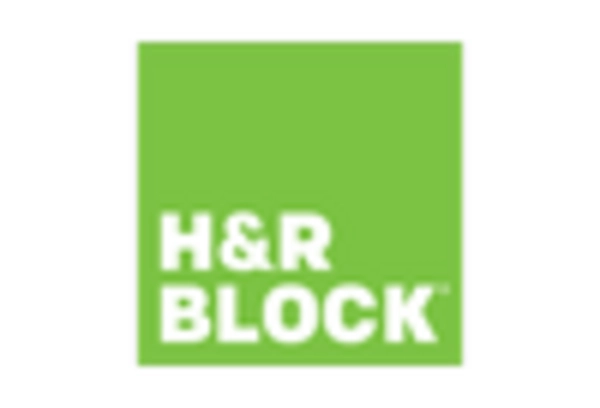
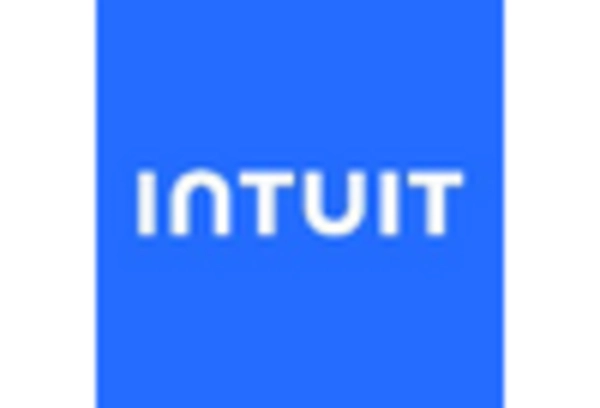

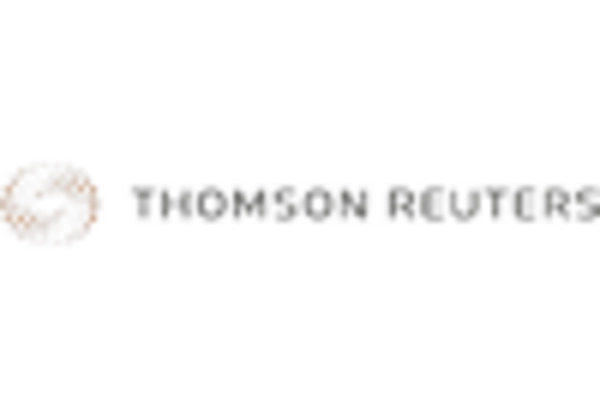
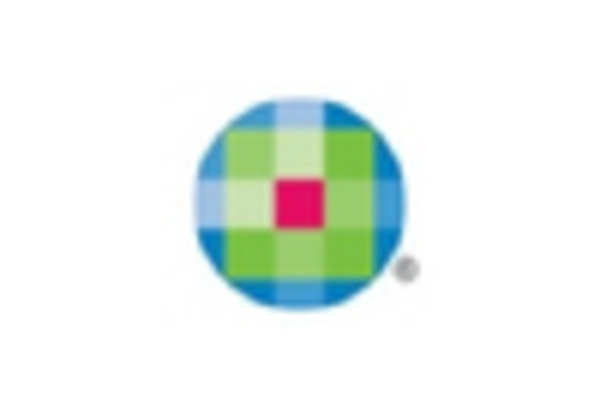
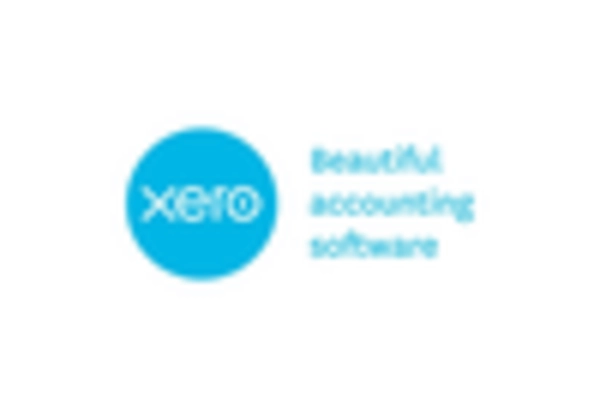








Leave a Comment